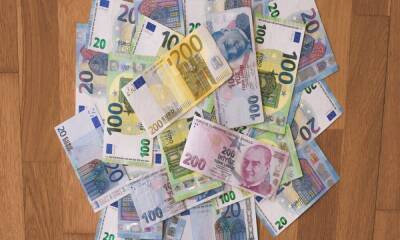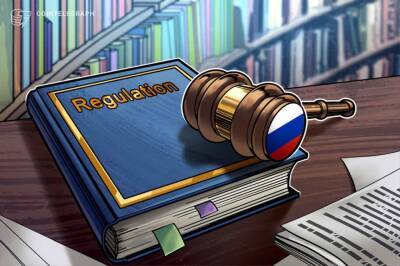Law Decoded: Russia flounders, America competes, IMF keeps fuming, Jan. 24–31
One of the most fascinating implications of the collision between traditional political institutions and the crypto space is how it can reveal the glaring lack of cohesion within power systems that otherwise look monolithic. Digital assets reside in a parallel policy dimension where neither a centralized consensus nor a clear rulebook exists, leading to a surprising variety of voices and opinions emerging in the absence of a politically coordinated course. Last week, a rare lively policy debate broke out in Russia in the aftermath of its central bank’s attempt to promote a hardline stance on crypto. One does not often see such a public interagency disagreement on substantive issues.
Below is the concise version of the latest “Law Decoded” newsletter. For the full breakdown of policy developments over the last week, register for the full newsletter below.
Following the central bank’s blanket ban proposal, it emergedthat the Ministry of Finance had been working on its own crypto regulatory framework all along, whose tenets are fundamentally opposed to the Central Bank of Russia’s prohibitive drive. In all, the ministry proposes using the traditional banking system’s rails to facilitate crypto payments all the while categorizing investors as qualified or unqualified and introducing strong financial surveillance mechanisms. Even former President and Prime Minister Dmitry Medvedev came out of the woodwork to offer comments in support of regulation, rather than a blanket ban on cryptocurrency operations.
Apparently, the narrative battle over how to deal with the power of the digital asset space is underway within the halls of the Russian government, and its ultimate outcome is anyone’s guess.
First tested with the inclusion of the
Read more on cointelegraph.com













